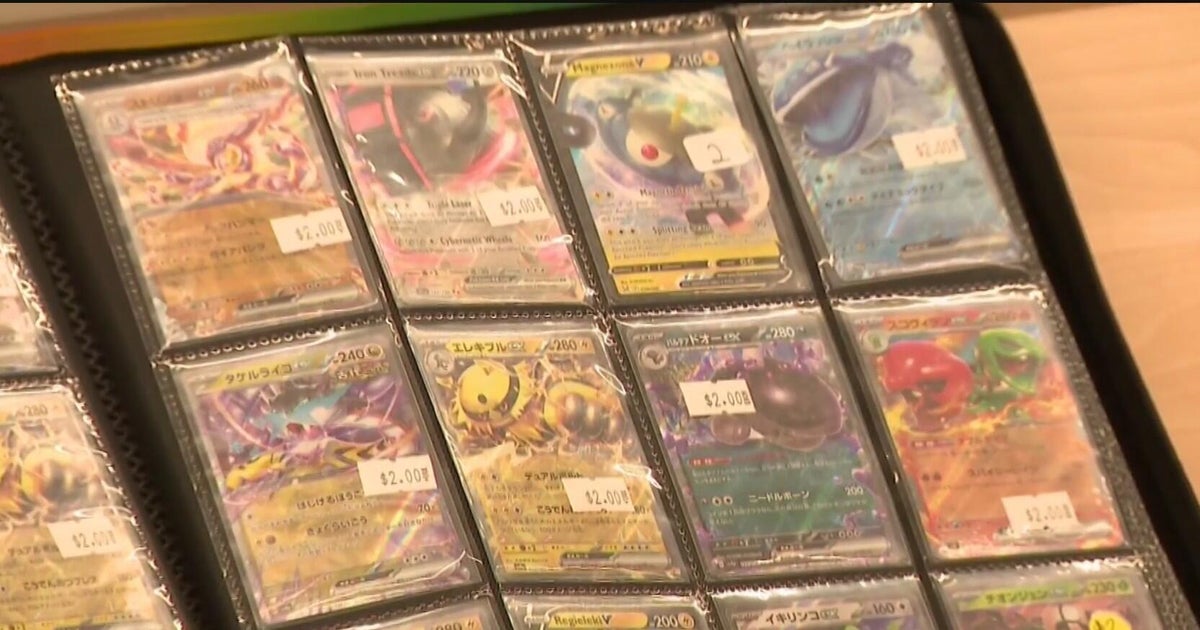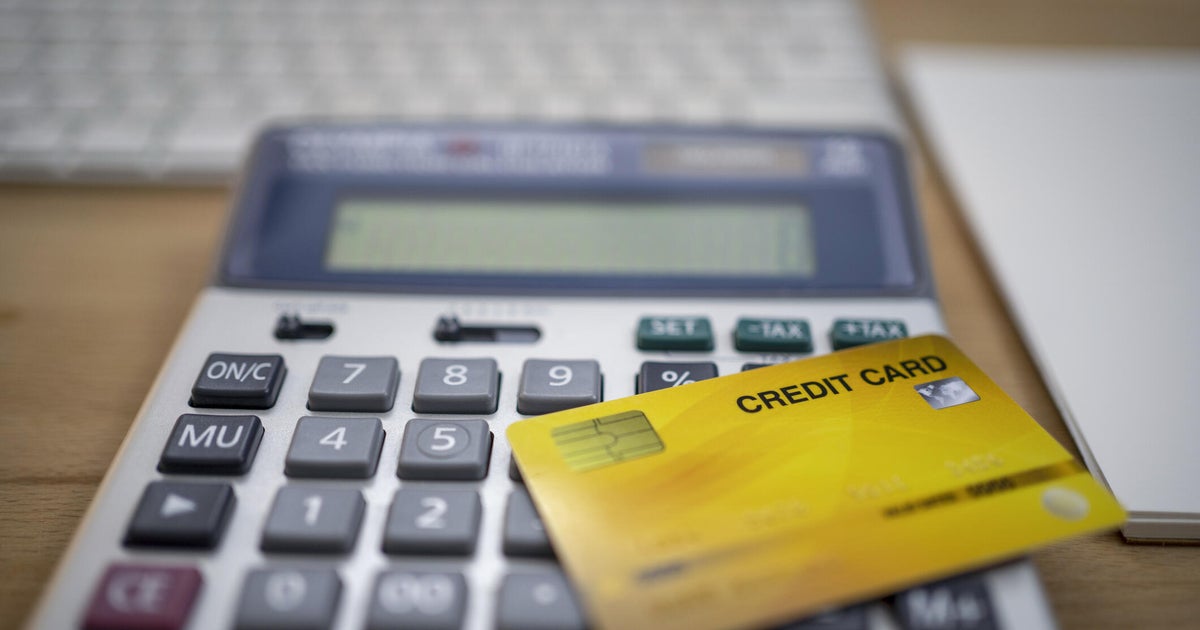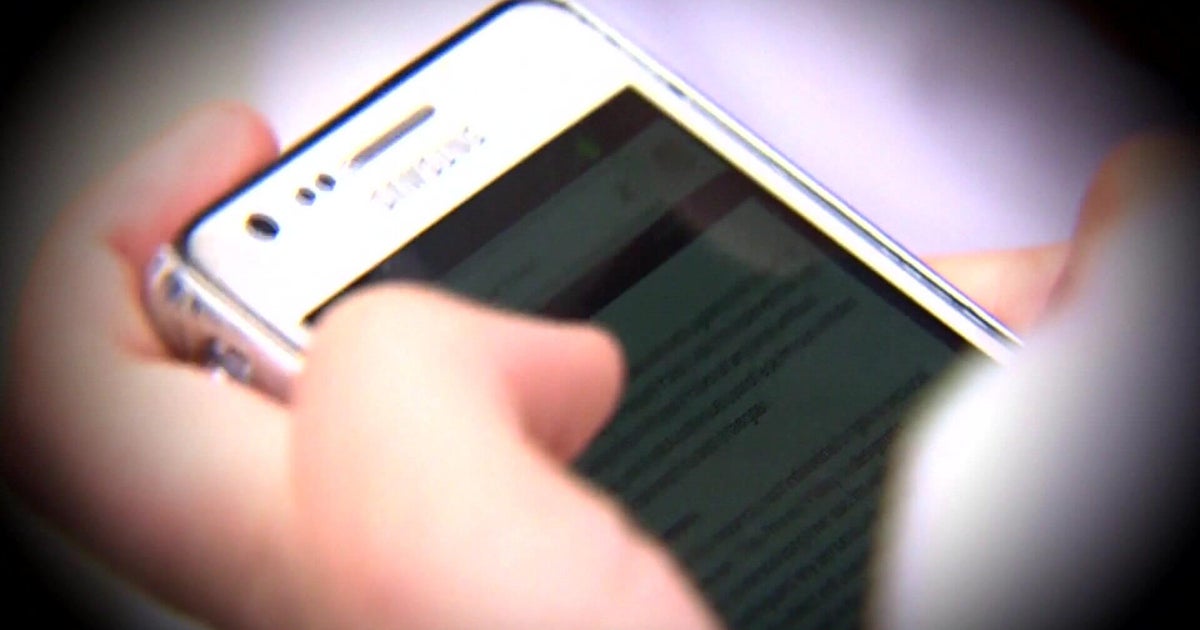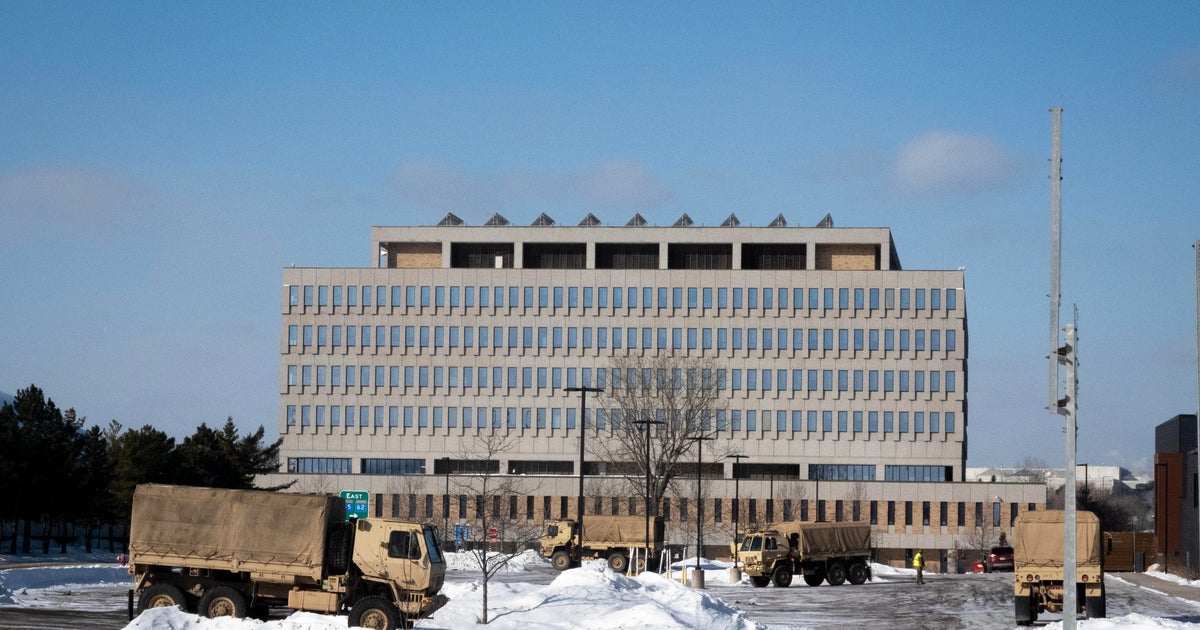Digital Assets Protection Needed Even After Death
MIAMI (CBSMiami.com) – Many Americans have wills that cover most of their assets in the event of their death. But, far fewer have even considered what to do about their digital assets.
Digital assets include items like e-mail accounts, financial records, photos, and other password protected digital files. It turns out, there's a growing business that's trying to help people protect their heirs in the increasingly paperless world.
"I have online accounts for everything," said Cyndi Finkle. "If something was to happen to me tomorrow, my business couldn't exist if people couldn't have access."
Cyndi decided to create a "digital inventory" that contains instructions on exactly how to unlock all of her online accounts.
"It contains log-in information to all kinds of accounts from PayPal to eBay to Skype to bank account information," Finkle said.
It's a creative way to keep up to date with any accounts, instead of letting the passwords go to the grave.
"Files, documents, photos, all kinds of things can be lost immediately," said John Romano, author of Your Digital Afterlife. "If you don't leave access to things like e-mail accounts, people may be locked out."
Financial planners say the digital inventories and password access can play a crucial role when it comes to estate planning and taking care of final expenses.
"There are already instances of these problems coming up," said Barry Jones of the Financial Planning Association. "They don't know what bills are due. They may not know certain accounts, for example, the husband and wife have separate credit cards."
There's even a wave of digital estate planning web sites that promise to help keep your passwords organized. It's almost like an online safety deposit box.
"People can go and create a backup of all of their usernames and passwords, and for each asset you identify a digital beneficiary," said Jeremy Toeman of legacylocker.com.
But before signing up, make sure you do plenty of homework on the company. If you're still not comfortable, make sure to write the information down. Just don't write it in your will.
That's because your will becomes a public record after you're gone and that means passwords that haven't been changed will be available for the world to see.
If you do create a digital inventory, experts said it's good to update your list at least once a year and make sure someone knows where to find it.







